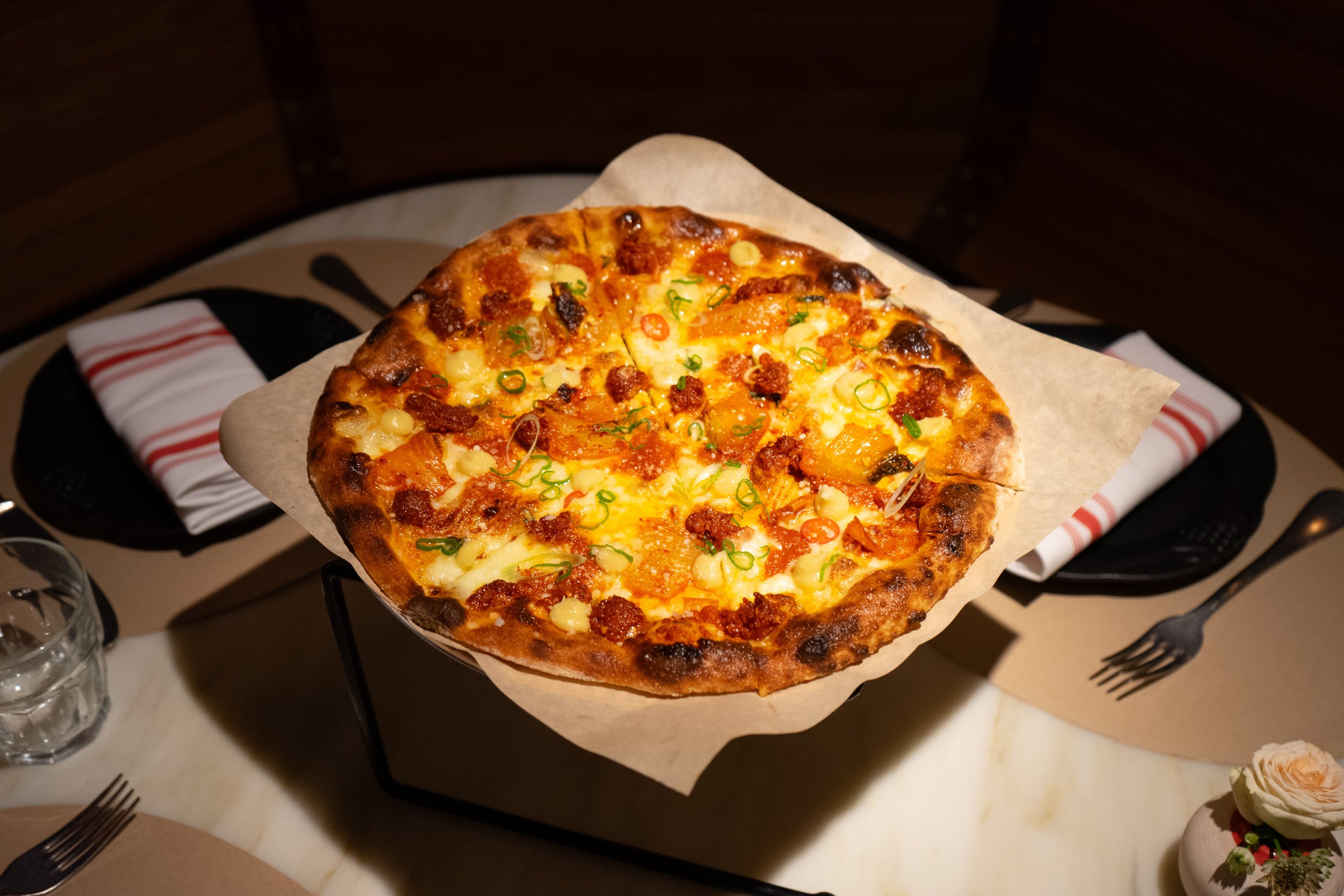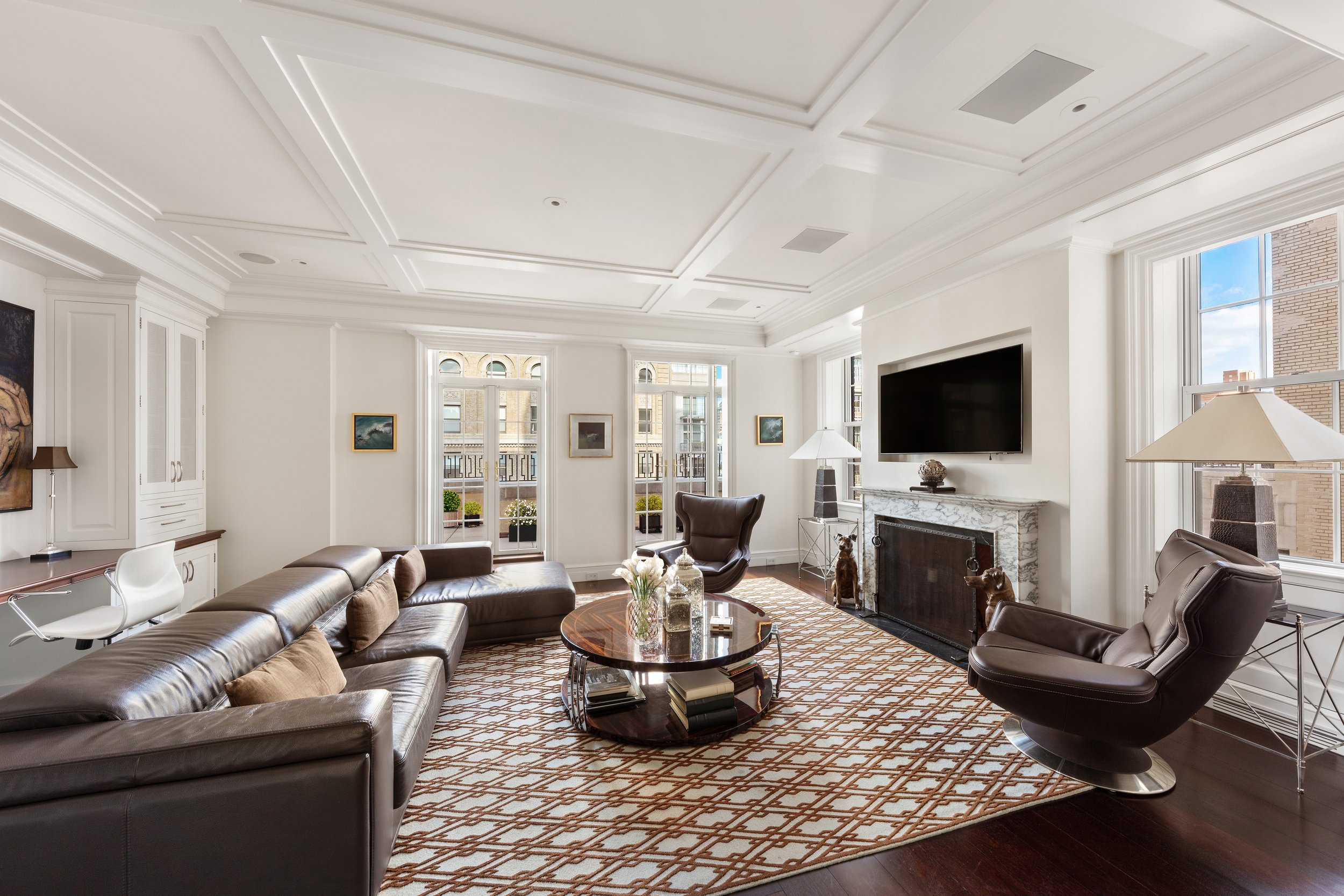The Key Factors in Establishing Premises Liability
Accidents are bound to happen in the bustling city of Denver, with a population of over 700,000 people. Located at the base of the Rocky Mountains, the Mile High City is home to numerous businesses, parks, and public spaces. With a complex network of roads and highways, the potential for accidents is ever-present. In the event of such an incident, a Denver slip and fall legal help is crucial to get you the settlement you deserve. To better comprehend premises liability, it's crucial to understand the key factors involved.
The Foundation of Premises Liability
In a premises liability case, the owner or occupier of the property has a legal obligation called the "duty of care." This duty requires them to maintain their property reasonably safe for visitors. In Denver, the duty of care applies to both commercial and residential properties, and the level of care owed depends on the visitor's classification, such as invitee, licensee, or trespasser.
Identifying the Visitor's Classification
Under Colorado law, visitors are categorized into three groups, each with specific rights and protections. Understanding these classifications is crucial to establishing premises liability.
Invitees: An invitee enters the property for the owner's benefit, like customers in a store. Property owners must actively inspect their premises for dangers and take reasonable steps to protect invitees from any hazards.
Licensees: Licensees enter the property with the owner's permission but for their purposes, like social guests. Property owners must warn licensees of known dangers but are not required to inspect the property for potential hazards.
Trespassers: Trespassers enter the property without permission. Property owners have a limited duty of care towards trespassers, primarily to avoid willful or wanton harm.
Proving Negligence
For a successful premises liability claim, the injured party must prove that the property owner or occupier was negligent in maintaining the property. In Denver, negligence is established by demonstrating four key elements:
Duty: The property owner had a legal duty of care towards the injured party based on their visitor classification.
Breach: The property owner breached their duty of care by failing to maintain the property, warn of hazards, or repair dangerous conditions.
Causation: The property owner's breach of duty directly caused the injury.
Damages: The injured party suffered actual damages, such as medical costs, income loss, etc., resulting from the injury.
The Role of Comparative Negligence
In Denver, premises liability cases are governed by the principle of comparative negligence. If the injured party is found to be partially responsible for their injury, the compensation awarded will be decreased by their percentage of fault. For instance, if a person is found to be 30% liable for their injury, their settlement amount will be reduced by 30%. However, if the injured party is found to be 50% or more at fault, they will not receive compensation.
The Statute of Limitations
Colorado's statute of limitations for premises liability cases is two years from the accident date. This means that an injured party must file their claim within two years or risk losing their right to compensation. It is crucial to consult with an experienced slip-and-fall legal expert in Denver as soon as possible to ensure the timely filing of a claim and the preservation of necessary evidence.
The Importance of Skilled Legal Representation
Navigating the complexities of premises liability cases can be challenging, especially considering Denver's unique geographical and infrastructural characteristics. The city's ever-growing population and diverse landscape can create unique challenges for property owners in maintaining safe premises. It is vital for those who have suffered from injuries due to such incidents to consult a Denver slip and fall for legal help for assistance.
Hiring a reputable Denver slip and fall legal expert is essential to building a strong case. A skilled attorney will help identify the appropriate visitor classification, demonstrate the property owner's negligence, and navigate the comparative negligence rules that apply to these cases. With the proper legal representation, injured parties can ensure they receive the compensation they deserve and hold property owners accountable for maintaining a safe environment.
In conclusion, understanding the critical factors in establishing premises liability is crucial for both property owners and those who have suffered injuries on someone else's property. By familiarizing oneself with the duty of care, visitor classifications, negligence, comparative negligence, and the statute of limitations, individuals can better protect their rights and interests in Denver's dynamic urban landscape.









